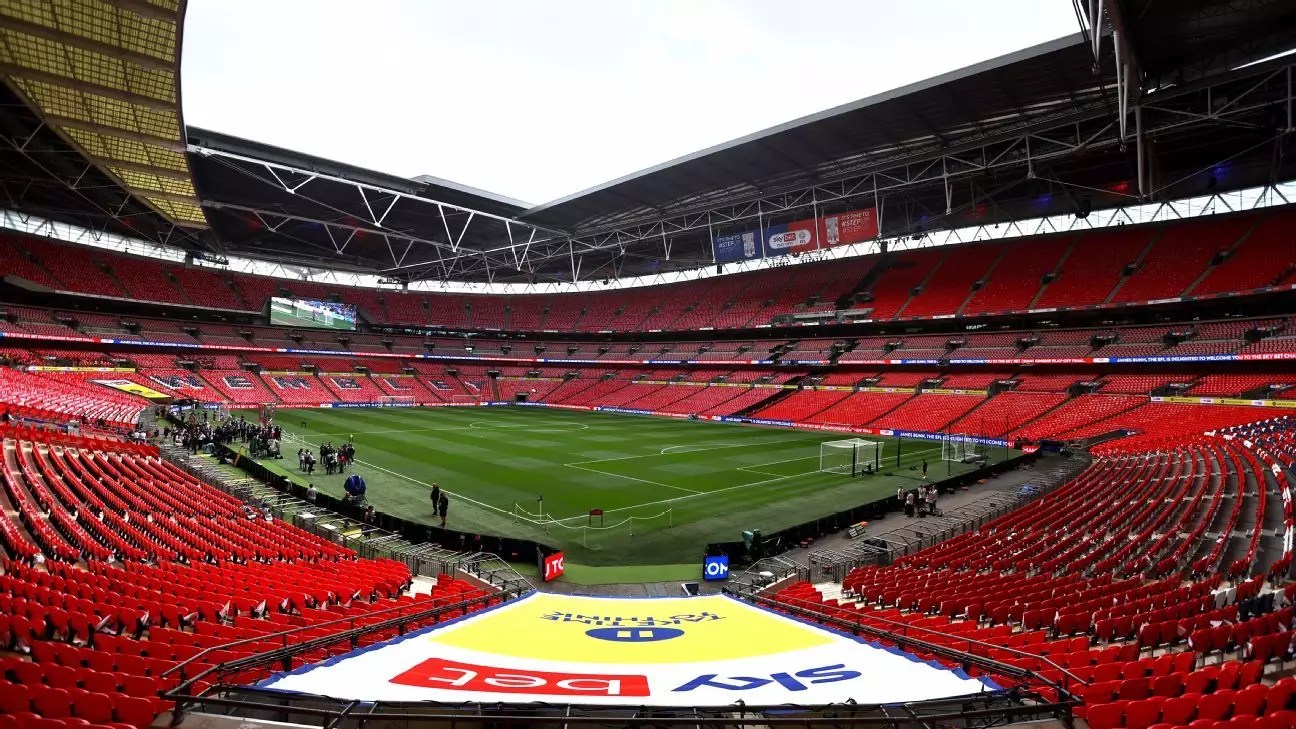The landscape of English football is on the brink of a significant transformation with the proposal of an independent football regulator (IFR) aimed at restoring the integrity and sustainability of the country’s beloved sport. Coming to the forefront through the introduction of the Football Governance Bill in the House of Lords, this initiative signifies a commitment to address fundamental challenges that the elite tier of the game faces regarding financial management and accountability.
Addressing Financial Mismanagement in Football
The proposed Football Governance Bill seeks to implement comprehensive regulations designed to combat the financial recklessness that has led to alarming incidents of club collapses, such as those experienced by Bury and Macclesfield. These cases reflect a broader trend of governance failures within the football ecosystem, necessitating a proactive approach to keep clubs financially viable and rooted in their communities. By allowing an independent regulator oversight over club finances, the legislation aspires to create a more stable financial environment for clubs at all levels of the football pyramid.
This initiative has been embraced by various stakeholders within the sport, including former professional players who see the need for a structured approach that prioritizes the well-being of clubs over individual ownership interests. As Gary Neville highlighted, football in England has become too pivotal to be left solely in the hands of profit-driven owners. The forthcoming regulatory framework is poised to empower fans and involve them in the governance of their clubs, thereby reinforcing the connection between clubs and their communities.
Beyond financial oversight, one of the critical objectives of the IFR is to rectify the growing inequality within English football. The need for a balanced and sustainable competitive environment cannot be overstated, especially in light of the attempted European Super League that threatened to fracture traditional club hierarchies and disrupt community ties. By instituting a club licensing regime and creating mechanisms for equitable resource distribution, the regulator aims to level the playing field, ensuring that smaller clubs have an opportunity to thrive alongside their more affluent counterparts.
This approach not only aids in stabilizing clubs financially but also enriches the overall competitiveness of the league, fostering an environment where sporting meritocracy can thrive. It is crucial for the regulator to effectively monitor and assess financial practices within clubs to prevent reckless behaviors that could jeopardize their existence.
While the introduction of the Football Governance Bill has been widely welcomed, concerns have emerged, particularly from the Premier League. The league has expressed caution regarding the proposed ‘banking-style’ regulations, emphasizing the necessity for checks and balances to preserve the success and growth known worldwide. The apprehension arises from fears that excessive regulatory measures might stifle the vibrancy of English football, which has become synonymous with its competitive edge and global appeal.
Dialogue between the government, the Premier League, and other stakeholders will be essential as lawmakers work to refine the legislation. The challenge will be to strike a balance between necessary oversight and retaining the unique characteristics that make English football so captivating.
The introduction of the Football Governance Bill marks the beginning of a vital legislative journey. The next steps involve thorough debate and consultation within the House of Lords and the House of Commons, where further considerations will be made regarding the implications of such regulation. This process will provide an opportunity for all stakeholders, including fans, clubs, and governing bodies, to contribute to the formulation of a regulatory framework that upholds the principles of fairness and sustainability in English football.
As the bill progresses, it represents not just a regulatory shift but also an ideological commitment to put clubs and their supporters at the center of decision-making processes. The evolution of football governance in England promises a more equitable, transparent, and community-focused approach, shaping the future of football for generations to come.
The establishment of an independent football regulator is a necessary initiative poised to reshape the landscape of English football, and with careful deliberation and cooperation, it can usher in a new era of accountability, sustainability, and fairness within the sport.


Leave a Reply